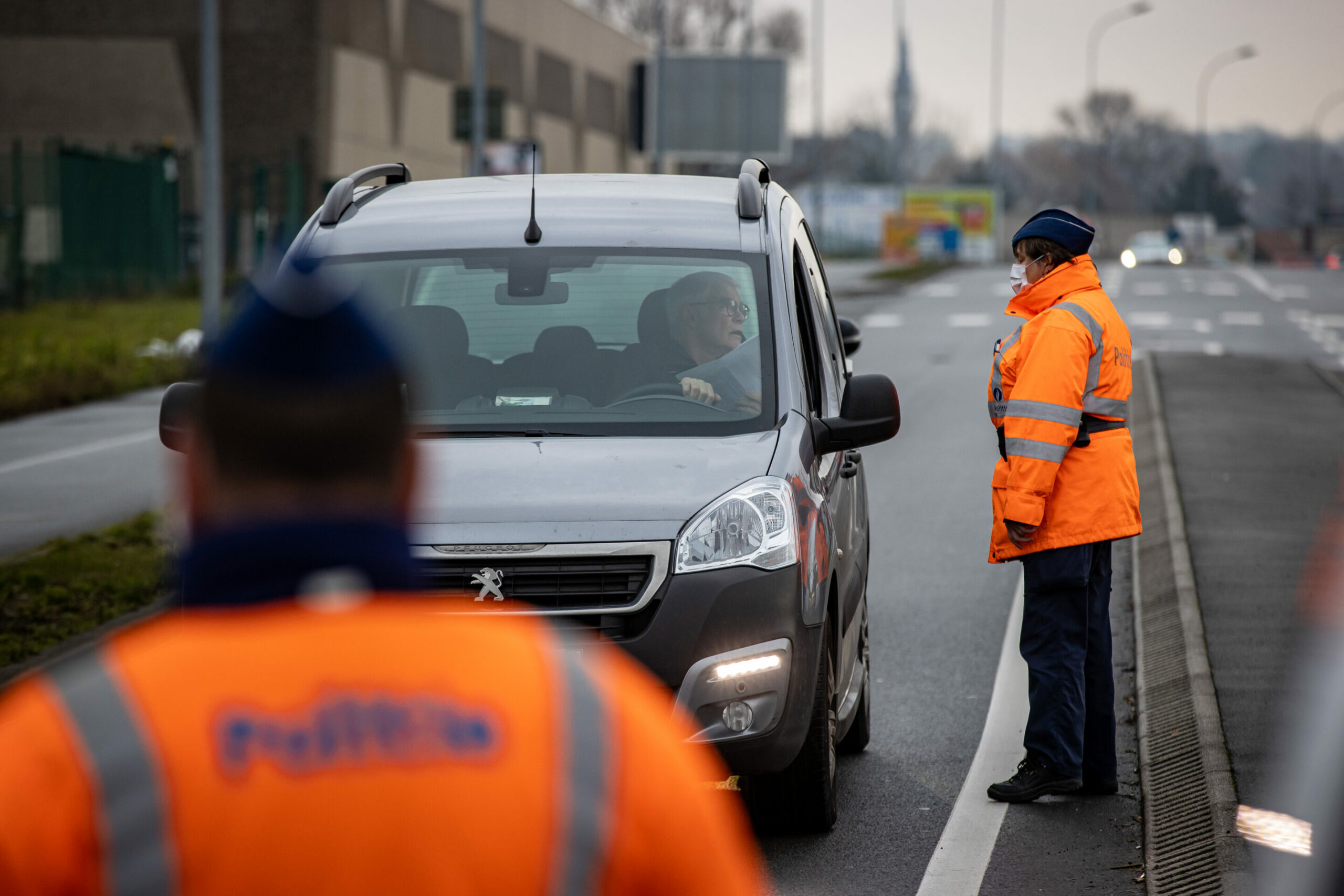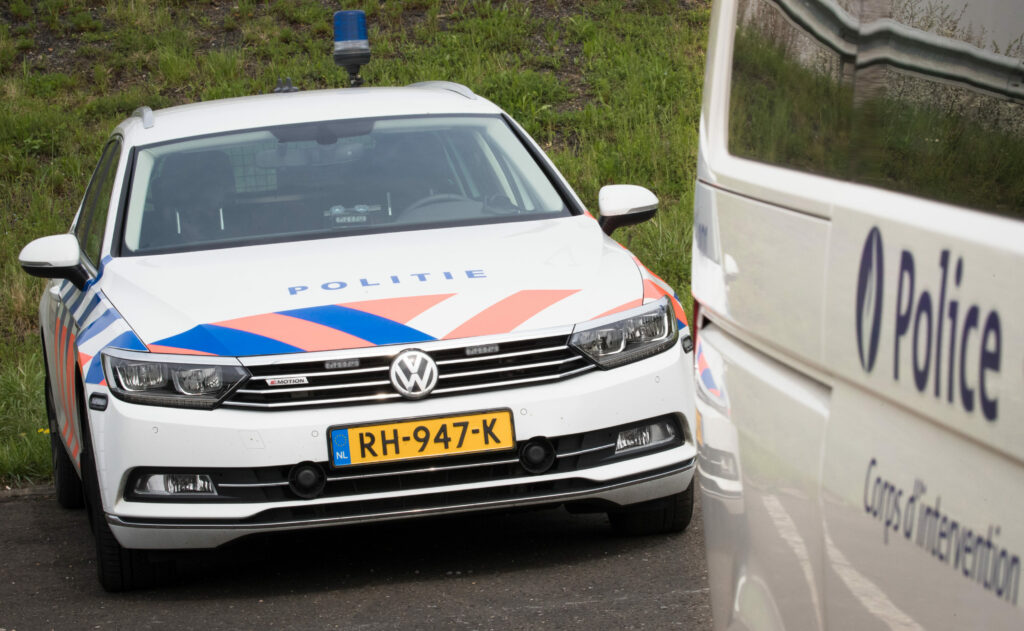The Netherlands is the latest of Belgium's neighbouring countries to announce that it will temporarily introduce border controls. From the end of November, only the border between Belgium and Luxembourg will remain unchecked.
Borders are nominally open between countries in the Schengen area, enabling more than 400 million people to travel freely without passing through border control. However, a rising number of countries are now putting a temporary stop to this by (re)introducing or expanding border controls "to limit irregular migration."
Germany was the first of Belgium's neighbouring countries to inform the European Commission of its decision to temporarily reintroduce controls at all its borders for six months. One month later, France followed suit, citing concerns over irregular immigration and "serious threats posed by high-level terrorist activities."
Now, the Netherlands is joining their ranks. As part of a new asylum package agreed on by the Dutch Government, the country will introduce checks at all its borders from the end of November. No concrete information about the measure has been shared so far.
"The Prime Minister sent a letter on Friday about the implementation of the agreement," a spokesperson for the Dutch Ministry for Asylum and Migration told The Brussels Times. "This includes a passage on border controls."
When it comes to putting this measure into practice, a spokesperson for the Royal Netherlands Marechaussee – a branch of the Dutch armed forces – said its commander had been instructed "to implement this within the available capacity from the end of November 2024."
"The Royal Military Police is a nationwide organisation which means that our personnel can be geographically deployed in multiple locations," the spokesperson told The Brussels Times. "An inventory is now being drawn up within the organisation, in consultation with the competent authority, as to how this can be implemented from the date set."
However, the Commission has not yet been notified about the temporary reintroduction of border controls by the Netherlands, the spokesperson confirmed to The Brussels Times.
Criticism of decision
People crossing the border into France, Germany or the Netherlands should be prepared for border guards to perform checks and should carry identification documents. For EU citizens, this can be an EU passport or an EU country national identity card.
Non-EU citizens who require a visa should carry their passport and a valid residency permit or visa issued by an EU country. People from visa-exempt countries must show their stamped non-EU passport and be mindful of their Schengen allowance days.
Nick Gyselinck, spokesperson for outgoing Home Affairs Minister Annelies Verlinden (CD&V), assured The Brussels Times that the impact of border checks is expected to remain limited.

Police checks at the border between Belgium and France in Rekkem, Menen, Wednesday 27 January 2021. Credit: Belga / Kurt Desplenter
However, the Dutch Association for Logistics and Transport Evofenedex said the German measure is already resulting in traffic piling up on the Dutch side of the border. It added that, when France first introduced border controls in December 2015 following the Paris terrorist attacks, waiting times also ran high for truck drivers.
"We are concerned about a growing number of countries reintroducing such controls," said Evofenedex policy officer Geert van Eijk. Austria, Italy, Slovenia, Norway, Denmark, Poland, Finland and Sweden have already implemented border checks.
For trade and manufacturing companies, this means the free movement of goods is no longer a given, while the economic benefits of Schengen are in peril. "The big question is whether the result of the controls ultimately outweighs the deterioration of the Netherlands' competitive position as a logistics hotspot and gateway, but especially against the deterioration of Europe's position as a whole," he said.
Related News
- France reintroduces border controls: What does this mean for Belgium?
- Is Schengen on the way out? New border checks challenge open Europe
Those in favour of the checks argue that they are having a positive impact: since the temporary checks were reintroduced at Germany's borders with Poland, Czechia, Austria and Switzerland in October 2023, the Federal Police have refused entry to some 30,000 people at Germany's borders. Since September, another 1,000 people have already been sent away.
However, organisations defending the rights of migrants and asylum seekers have said the measure will have a devastating impact on vulnerable people. Experts have also warned that the overall trend sets a dangerous precedent, normalising the right-wing desire to tear away at the founding principles of the European Union.

